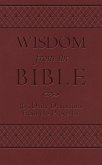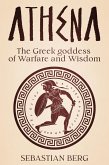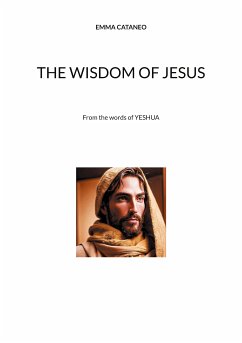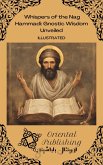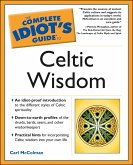The Wisdom of Life - Arthur Schopenhauer - In The Wisdom of Life, an essay from Schopenhauer's final work, Parerga und Paralipomena (1851), the philosopher favors individual strength of will and independent, reasoned deliberation over the tendency to act on irrational impulses. He examines the ways in which life can be arranged to derive the highest degree of pleasure and success, presents guidelines to achieving this full and rich manner of living, and advises that even a life well lived must always aspire to grander heights. Abounding in subjects of enduring relevance, Schopenhauer's highly readable work appears here in an excellent translation. The writings of German philosopher ARTHUR SCHOPENHAUER (1788-1860) were a profound influence on art and aesthetics, music and literature in the 19th century. Among his many writings are On the Fourfold Root of the Principle of Sufficient Reason (1847) and The World as Will and Idea (1819), considered his masterpiece. A profound advocate for willpower and rational deliberation, Arthur Schopenhauer believed that complete happiness and satisfaction are unobtainable. This essay from his final work, Parerga und Paralipomena (1851), examines how to discover the highest possible degree of pleasure and success, and suggests guidelines for experiencing life to its fullest.
Dieser Download kann aus rechtlichen Gründen nur mit Rechnungsadresse in A, B, BG, CY, CZ, D, DK, EW, E, FIN, F, GR, H, IRL, I, LT, L, LR, M, NL, PL, P, R, S, SLO, SK ausgeliefert werden.




